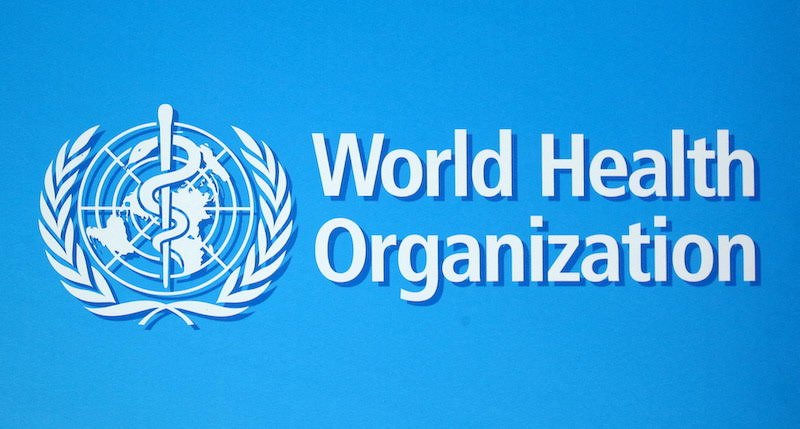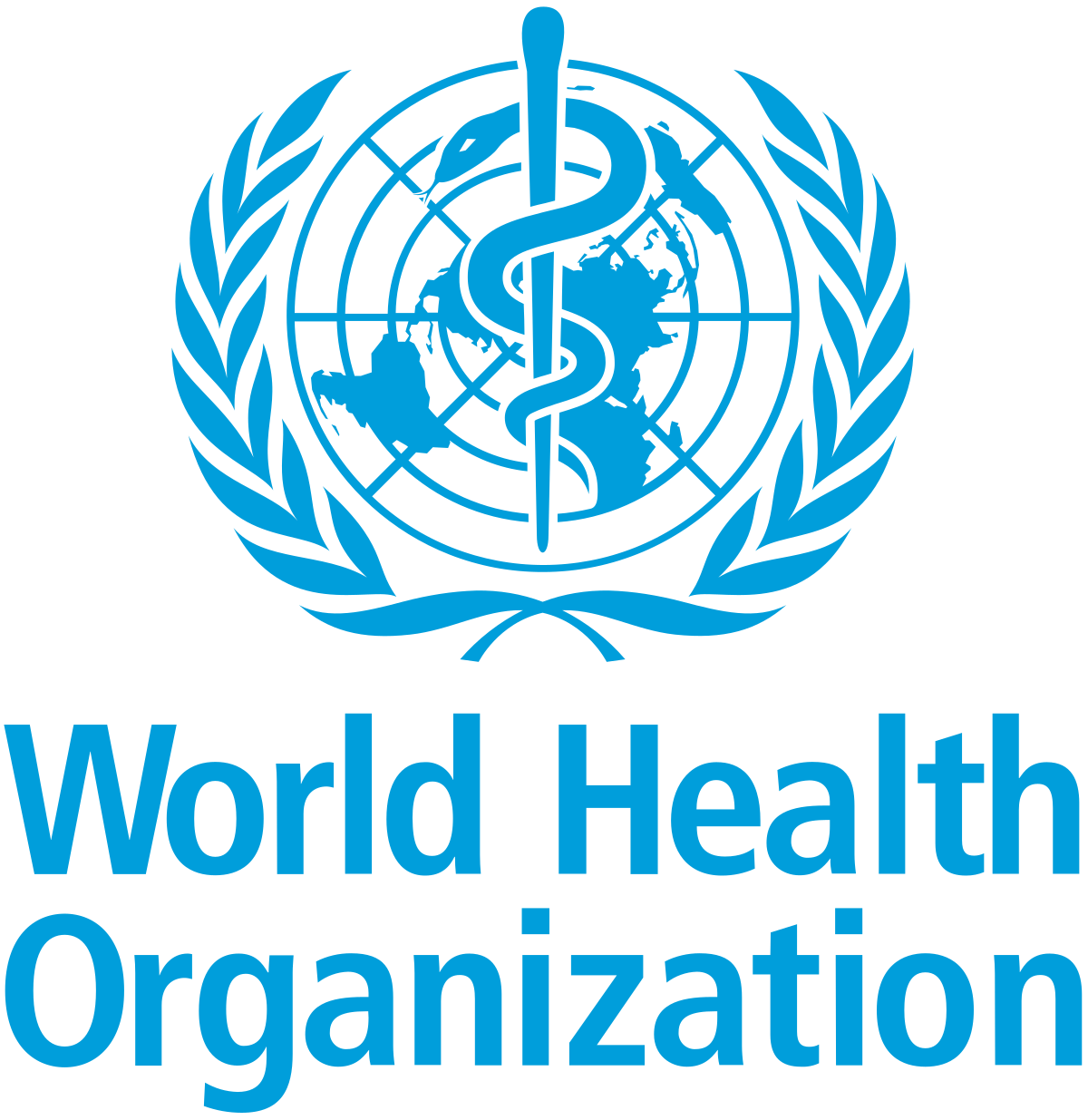Korede Abdullah in Lagos
Nigeria’s crumbling rural road network is pushing transportation costs sky-high and deepening food insecurity, the World Bank warns in a new report titled Transport Connectivity for Food Security in Africa: Strengthening Food Supply.
This is contained in a World Bank report titled ‘Transport Connectivity for Food Security in Africa: Strengthening Food Supply’ which was released on Thursday.
“If areas of production and population centres are remote and it is difficult to move goods around the country, higher transportation costs can affect food security,” the report noted.
It highlighted that Nigeria faces severe detour costs due to poor infrastructure, often forcing trucks to take longer and more expensive routes—especially during the rainy season when unpaved rural roads become impassable.
The report pointed to inefficiencies in the food supply chain, saying that “outside urban areas, trucks often travel empty or partly loaded, reducing efficiency and increasing costs,” leading to as much as 40 percent post-harvest loss of perishable goods.
Farmers are frequently unable to get their crops to market in time, especially tomatoes, fruits, and vegetables.
While the $300 million Rural Access and Mobility Program (RAMP) helped bring 1.5 million people closer to all-season roads and increased produce transport by 31 percent between 2008 and 2018, the World Bank stressed that much of Nigeria still suffers from “neglected road infrastructure.”
The consequences are far-reaching. In 2023 alone, Nigeria posted a cereal trade deficit of $2 billion, while South Africa maintained a $170 million surplus.
The World Bank is urging Nigeria to scale up rural infrastructure investment, integrate road upgrades with agricultural programs, and empower communities in road maintenance.
“Targeted measures are therefore needed to strengthen and streamline supply chains to ensure their resilience and sustainability,” the report stated, emphasizing the urgent need to fix rural connectivity to address worsening food insecurity.



